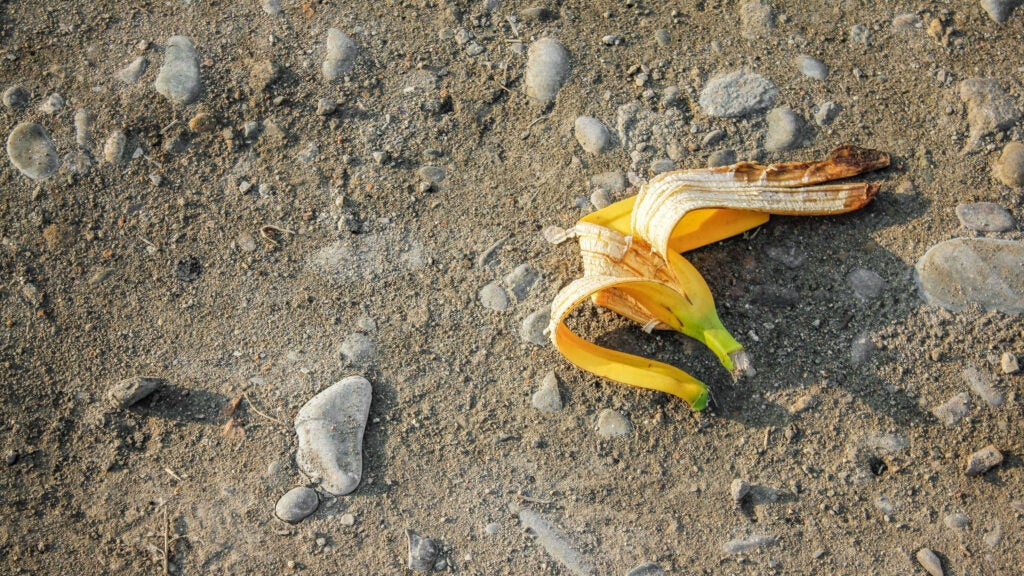



Treadiquette is a monthly column helping hikers calibrate their moral compasses. Have a burning question about ethics or etiquette on the trail? Send your predicaments to treadiquette@backpacker.com.
Dear Backpacker,
On my local trails, I sometimes see other hikers violating Leave No Trace principles—dropping orange peels on the ground, cutting switchbacks, and even doing dangerous things like trundling rocks. I don’t want to be a mansplainer, but do I have a responsibility to speak up if I witness something that could cause harm to the environment?
—Speak Up or Suck it Up?
Dear SU,
We love that you’re thinking twice before offering unsolicited advice to unwitting hikers. Shaming others, whether you intend to or not, can have a vastly negative impact on your community. Still, it can feel tricky to balance social courtesy with stewardship. But it doesn’t have to.
According to conservationist Jose Gonzalez, founder of Latino Outdoors and The Outdoorist Oath, in wondering if we ever have to sacrifice impact on nature at the cost of inclusion, we’re asking the wrong question.
“It sets up a false binary, as if inclusion comes at the cost of the land,” said Gonzalez. “If we limit ourselves to a starting logic that says any human interaction with the land is negative, then we are dismissing other ways of knowing and relating that incorporate a relationship with the land that comes with a responsibility.” Gonzalez encourages hikers to consider themselves part of nature, rather than separate from it.
So how can we tap into this mindset when we see something that makes us pause on the trail? Gonzalez says that Leave No Trace principles are just as applicable to our interactions with fellow humans as they are with the land. “Ask, ‘If I value these principles in terms of how to minimize negative impact on the land, then what could that look like in terms of minimizing negative impact on each other?’” he said. “In other words, what prevents us from treating each other with the same care and intention as a precious landscape?”
If you find yourself feeling the urge to approach a stranger, ask yourself, why? Gonzalez says that if your motives are based in arrogance and saviorism, that conversation will only further exclusion. But, he says, “if an answer is, ‘I care deeply about this place and I wonder how others care about it, so let me go ask and see where we connect for co-power, co-design, and co-creation,’ then you’re opening up opportunities to engage with difference in ways that really bring in the value and power of diversity.”
Bottom line: Leave your ego at home. Sure, if you see someone posing an immediate threat by tossing rocks off a cliff, go ahead and say something. Just make sure you’re coming from a place of empathy, not asserting your outdoor expertise just for the sake of flexing. Even better than confronting strangers: Carry a trash bag to pick up those rogue orange peels, or volunteer to educate others in dedicated spaces, like a local youth group or beginner hiking class.
From 2023

